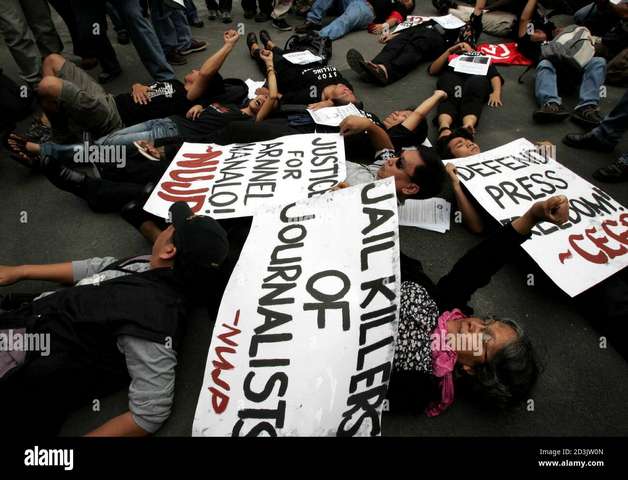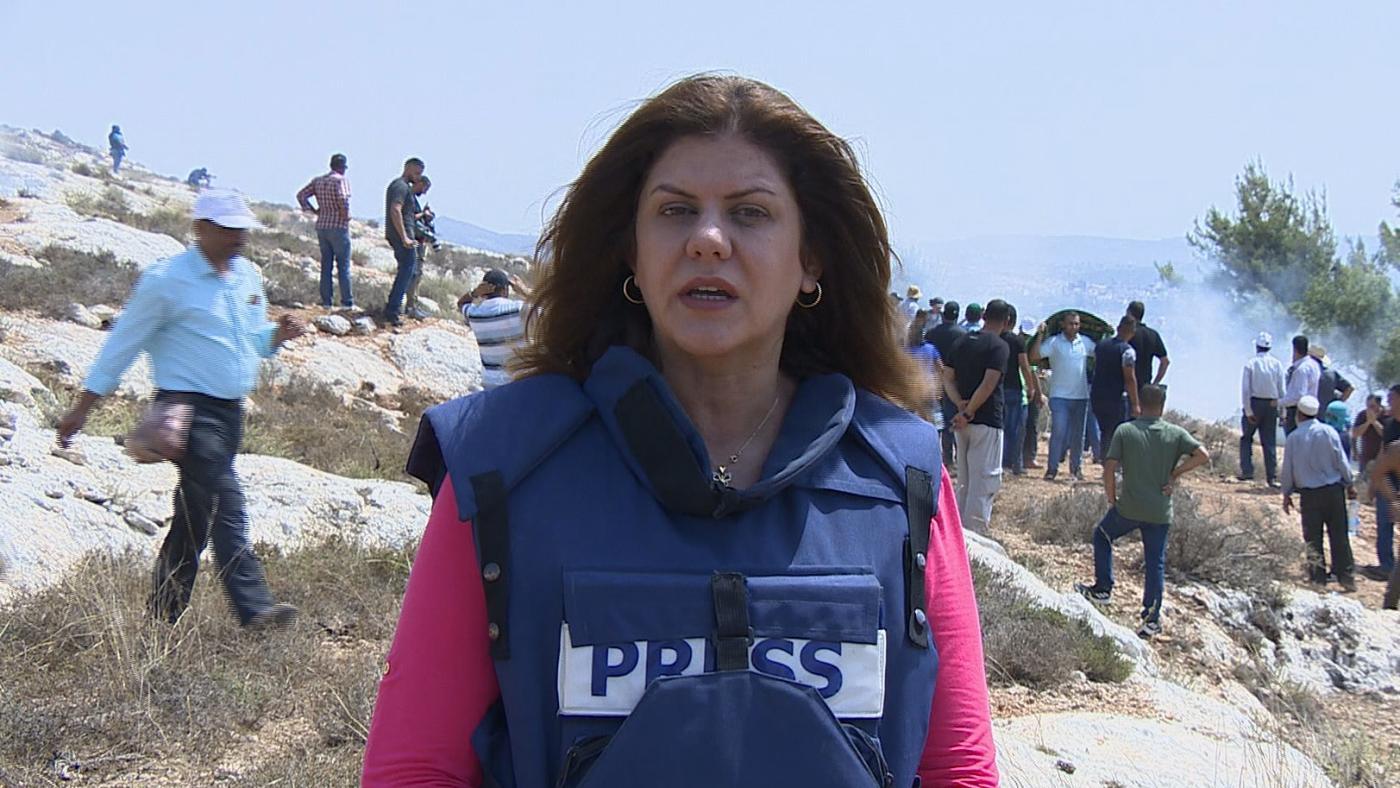
Percival Mabasa, a well-known radio broadcaster in the Philippines, was killed on Tuesday while driving in the nation’s capital, Manila, the police said.
The 63-year-old radio host, also known as Percy Lapid, was assassinated on Monday night by two motorcycle-riding assailants at the gate to his residential property in the Las Pinas neighborhood of suburban Manila according to the police.
Local television footage reveals blood tracks on the road as well as bullet holes and broken glass in a car window close to the driver’s seat.
There have been protests in response to this attack, and media organizations, activists, politicians, and foreign embassies have all condemned it as a blow to press freedom in the nation.
According to police officials, the attackers escaped, but an investigation was ongoing to identify and find them.
“We are not discounting the possibility that the shooting could be related to the victim’s work in media,” said police chief Jaime Santos in a statement as the motive of the attack remains unclear.
The National Union of Journalists of the Philippines (NUJP) published a statement on Twitter in response to the assault saying that this “killing shows that journalism remains a dangerous profession in the country.”
“That the incident took place in Metro Manila indicates how brazen the perpetrators were, and how authorities have failed to protect journalists as well as ordinary citizens from harm,” the statement added.
Mabasa began his professional life in the early 1980s but made waves in more recent years as a straight-shooting radio presenter who blasted politicians for alleged corruption and intolerance toward civil rights.
According to the union, Mabasa had criticized “red-tagging,”—accusations of communist sympathies—as well as internet gambling businesses and misinformation around martial law.
The statement also pointed out that Mabasa, who went by the broadcast name Percy Lapid, was also an outspoken critic of the former president, Rodrigo Duterte, who conducted a deadly war on illegal drugs, as well as policies and officials in the government of his successor, Ferdinand Marcos Jr.
A reporter for the ABS-CBN media outlet named Mike Navallo referred to him as a “hard-hitting commentator” who dared to criticize public figures. “He had a huge presence online and, within metro Manila, he was quite known,” he said.
Jonathan de Santos, chair of the NUJP said: “He was a regular guy, but he was a little bombastic and he used fighting words.
“If he wanted to call someone corrupt, he would do that. If he wanted to say someone was breaking the law, he would do that.”
Amnesty International said the attack “bears all the hallmarks of an extrajudicial execution and an attempt to silence voices critical of the government.”
Rights group Karapatan described him as “one of the country’s fiercest truth-tellers.”
The family of Mabasa has referred to this assassination as a “deplorable crime” and demanded that “his cowardly assassins be brought to justice.” In the same vein, the International Federation of Journalists (IFJ) also denounced the journalist’s murder and urged the government to conduct an investigation.
“He is the latest in a long list of journalists killed in the country,” it said on Twitter.
In the central Philippines, a radio journalist named Rey Blanco was fatally stabbed to death last month.
According to the NUJP statement, Mabasa is the second journalist to be murdered under the Marcos Jr. administration.
Despite having one of Asia’s most liberal media environments, the Philippines continues to be one of the most unsafe places for journalists, especially in its rural regions.
At least 187 journalists have died since 1987, according to a report by the international watchdog, Reporters Without Borders. This comprises the 32 journalists that perished in a single attack in 2009 on a rural opposition politician, his supporters, and the journalists who were covering him.





0 Comments